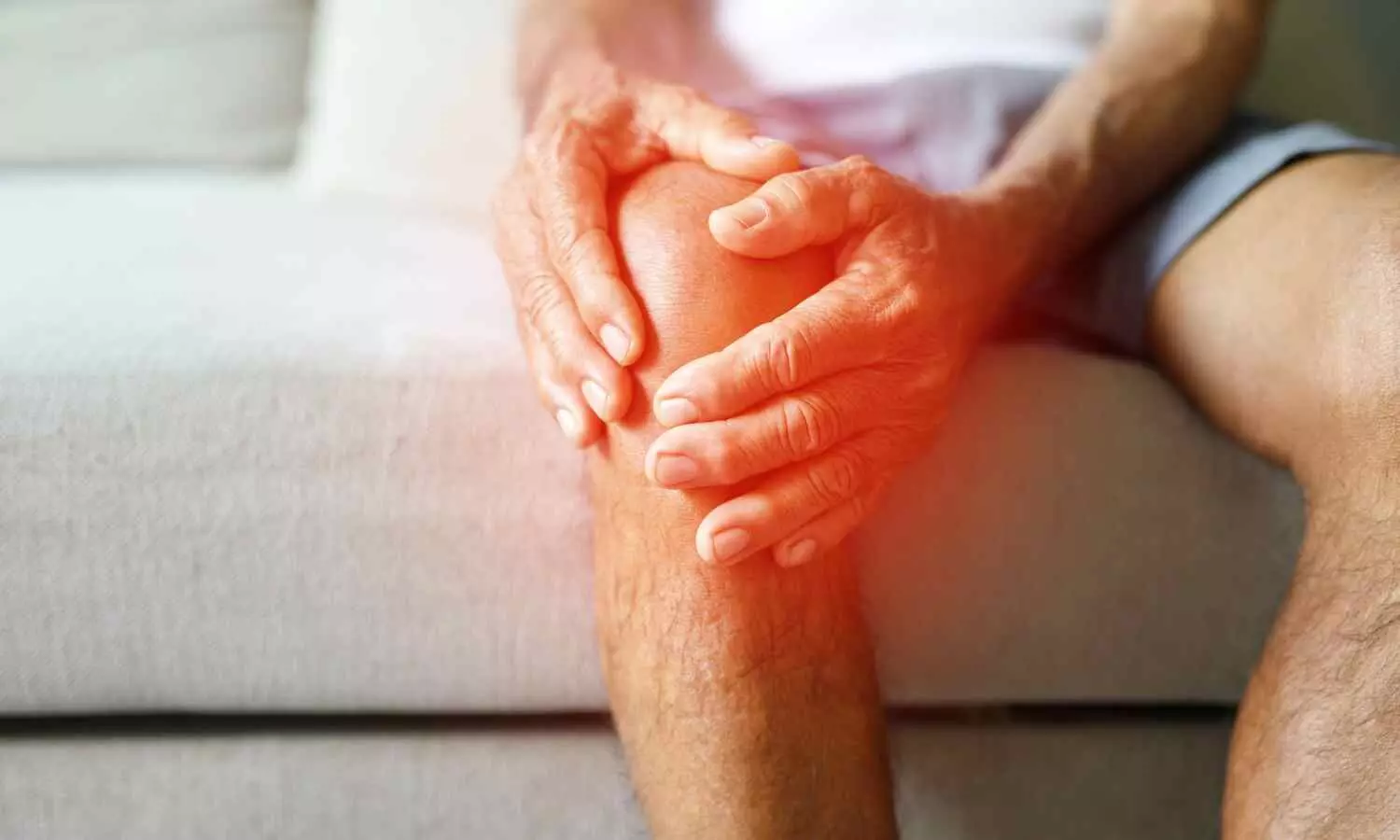Noisy knees not an early arthritis sign in young people, research shows
- byDoctor News Daily Team
- 09 September, 2025
- 0 Comments
- 0 Mins

Young adults who experience grinding or clicking sounds in their knees post-surgery may be alarmed, but new research from La Trobe University suggests these sounds may not signal early-onsetosteoarthritis. Knee crepitus, the sound of cracking or grinding in theknee jointis very common across all age groups. The study, published in theArthritis Care & Researchjournal, followed 112 young adults after anterior cruciate ligament (ACL) reconstruction, using Magnetic Resonance Imaging (MRI) scans and patient-reported outcomes to track osteoarthritis signs over five years. La Trobe graduate researcher and physiotherapist Jamon Couch said that while knee crepitus was linked to cartilage damage and worse symptoms one year after surgery, it did not predict joint damage over time. “We found that those with knee crepitus demonstrated more than two and a half times greater rates of full-thickness cartilage defects in the kneecap area, with more pain and poorer function early on,” Jamon said. “But over the next four years, those with crepitus did not experience worse pain and function compared to those without knee crepitus.” Research shows about 50 per cent of people with an ACL rupture will develop osteoarthritis symptoms and structural changes within a decade of injury, nearly 15 years earlier than the uninjured. The findings challenge the idea that crepitus should be used to diagnose or predict early osteoarthritis following traumatic knee injury in young adults. Dr Adam Culvenor, head of the Knee Injury Research Group at La Trobe’s Sport and Exercise Medicine Research Centre (LASEM) said the research would be reassuring for younger patients worried that noisy knees may be a red flag signalling their joint was deteriorating after surgery. “It also highlights the importance of staying active and engaged in rehabilitation to avoid or delay osteoarthritis,” Dr Culvenor said. The researchers say the study supports a more nuanced approach to diagnosing early-stage osteoarthritis and encourages health professionals to avoid overinterpreting crepitus in young, active patients. Jamon L Couch BHlthSc, MPhysioPrac, Knee crepitus and osteoarthritis features in young adults following traumatic knee injury, Arthritis Care & Research, https://doi.org/10.1002/acr.25637
Disclaimer: This website is designed for healthcare professionals and serves solely for informational purposes.
The content provided should not be interpreted as medical advice, diagnosis, treatment recommendations, prescriptions, or endorsements of specific medical practices. It is not a replacement for professional medical consultation or the expertise of a licensed healthcare provider.
Given the ever-evolving nature of medical science, we strive to keep our information accurate and up to date. However, we do not guarantee the completeness or accuracy of the content.
If you come across any inconsistencies, please reach out to us at
admin@doctornewsdaily.com.
We do not support or endorse medical opinions, treatments, or recommendations that contradict the advice of qualified healthcare professionals.
By using this website, you agree to our
Terms of Use,
Privacy Policy, and
Advertisement Policy.
For further details, please review our
Full Disclaimer.
Recent News
What Your Neck Size Says About Your Heart Health?...
- 04 November, 2025
EVOQUE TTVR Delivers Promising Real-World Results:...
- 04 November, 2025
Influenza Vaccination Reduces Mortality and Readmi...
- 04 November, 2025
Can Technology Make Kids Healthier? New Research S...
- 04 November, 2025
Daily Newsletter
Get all the top stories from Blogs to keep track.


0 Comments
Post a comment
No comments yet. Be the first to comment!